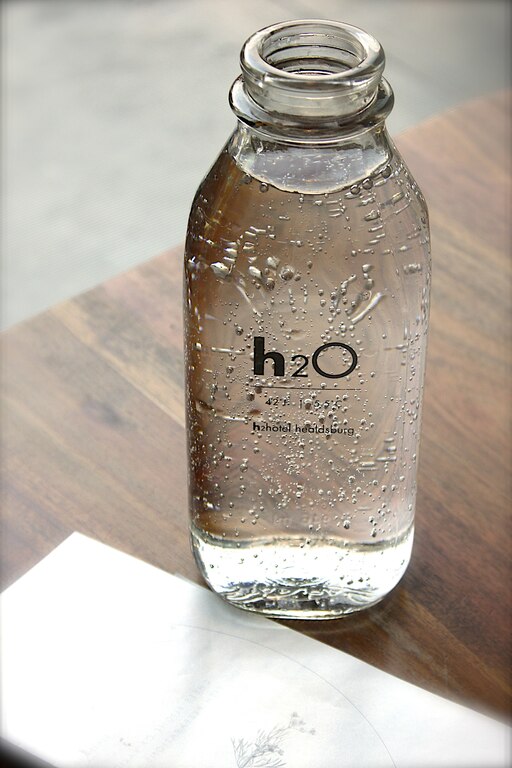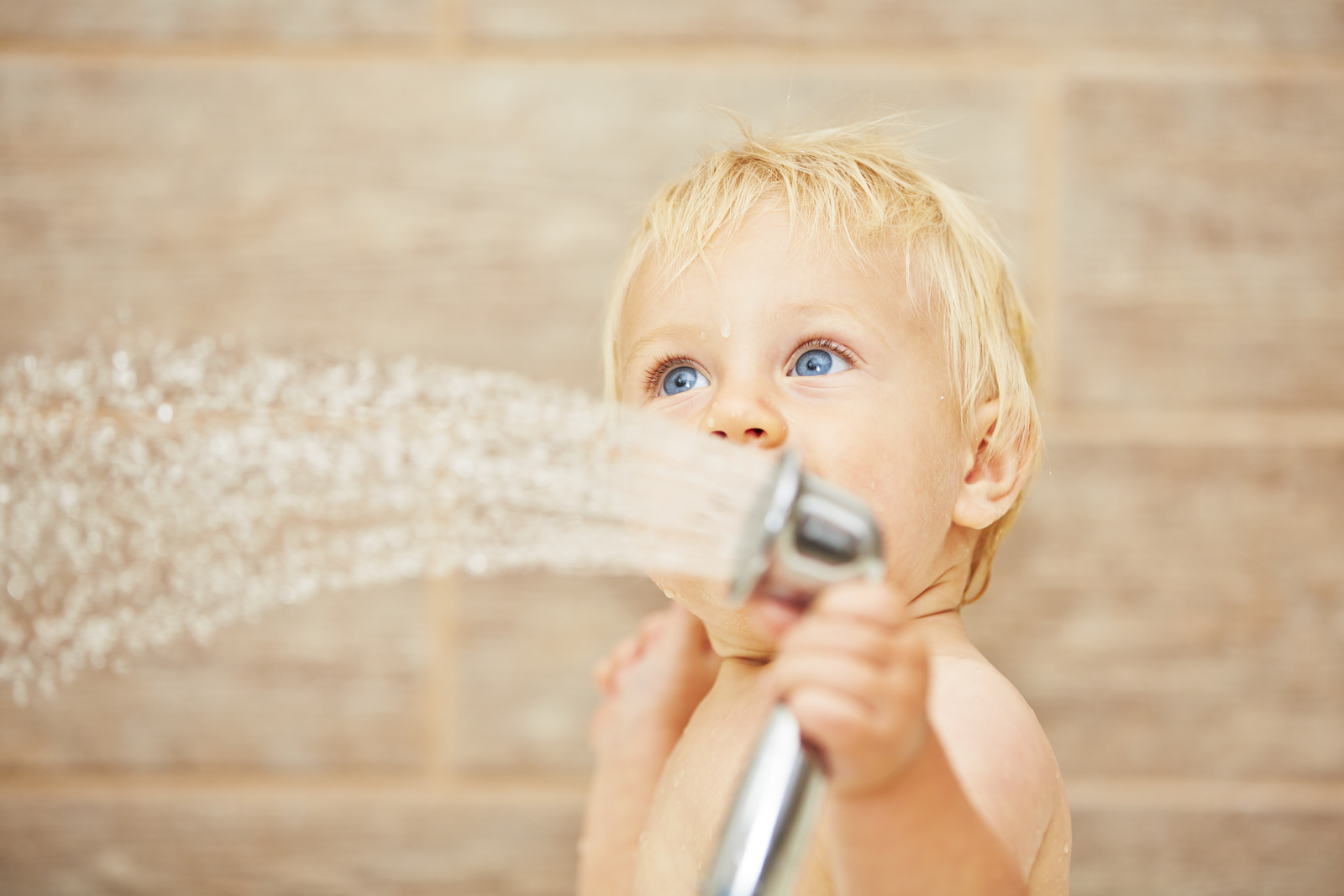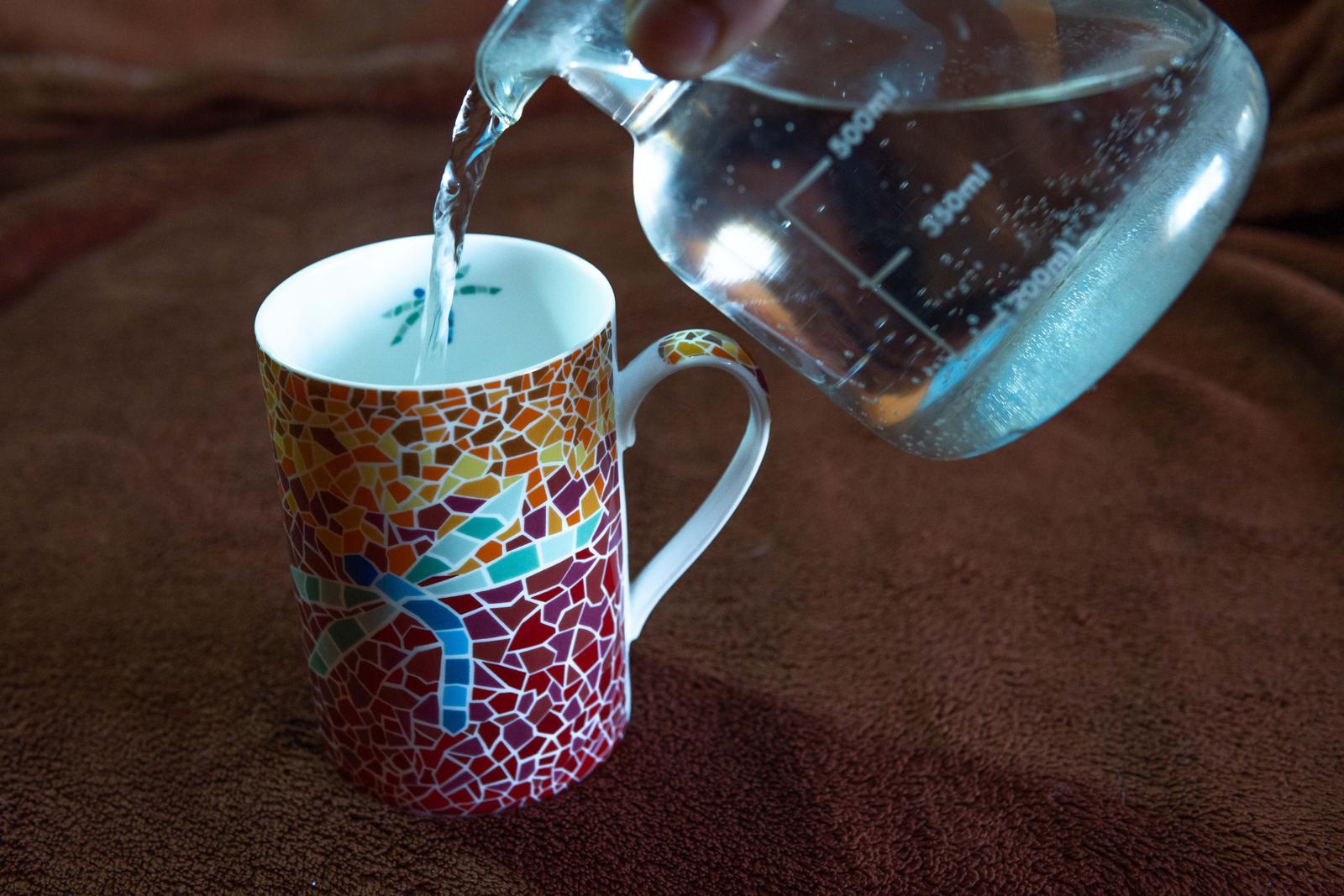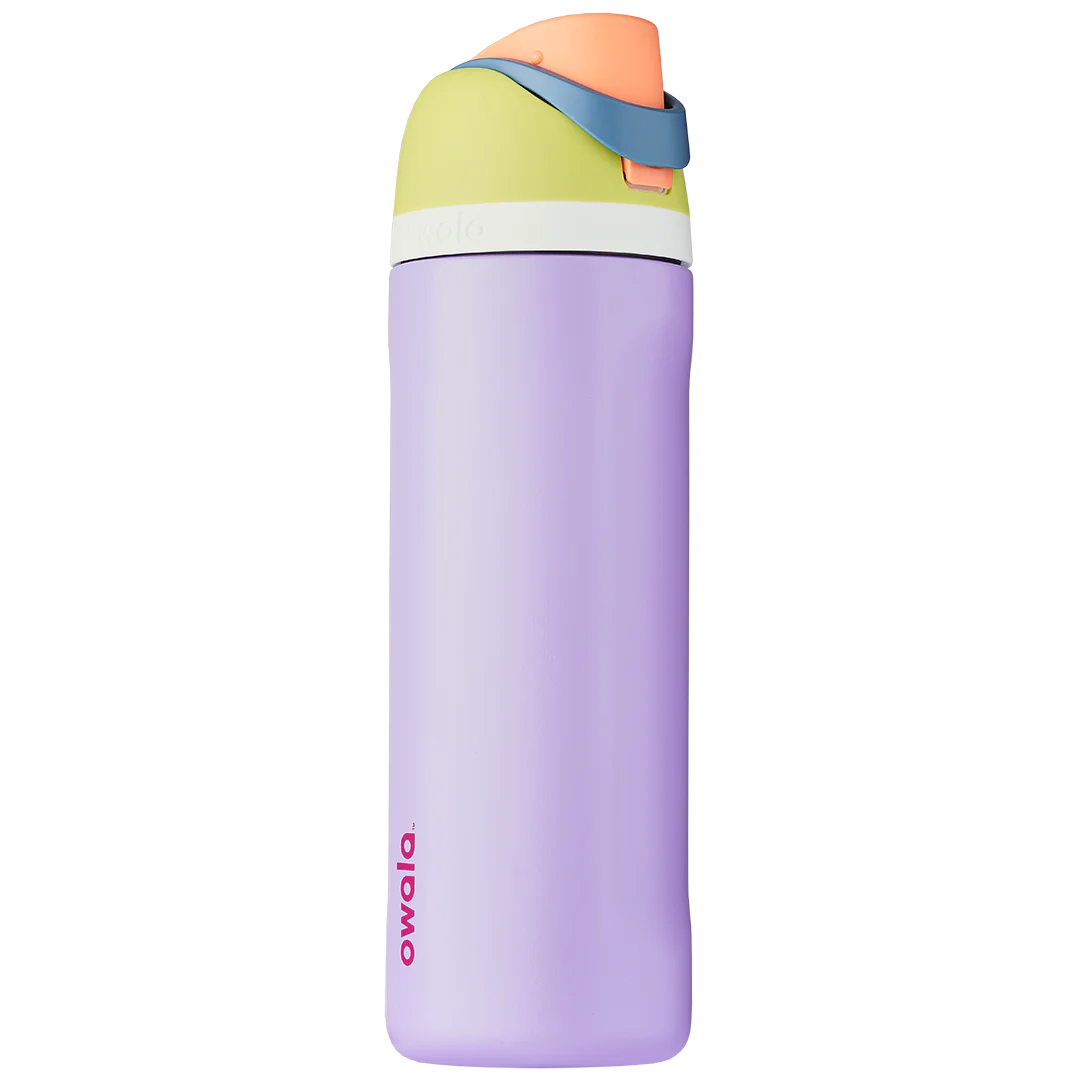As a parent, you want to make sure your baby is getting the best possible care, especially when it comes to their diet and nutrition. Water is an essential component of a baby’s diet, but what kind of water is safe for them to drink? In particular, you may be wondering whether distilled water is a suitable choice for your little one.
Can babies drink distilled water ?
One of the main concerns parents may have when considering giving distilled water to their baby is safety. While distilled water is generally regarded as safe for consumption, there are some potential risks and considerations to keep in mind.
Firstly, using distilled water exclusively for a baby’s water intake can lead to a lack of essential minerals, such as fluoride, which are typically found in tap water. Fluoride is important for oral health and the development of strong teeth and bones. Additionally, some pediatricians caution against giving distilled water to newborn babies as they are especially vulnerable to electrolyte imbalances.
It is important to note that the use of distilled water for preparing baby formula is generally considered safe, as formula already contains fortified nutrients and minerals. However, it is recommended to follow the manufacturer’s instructions on the water to formula ratio and to use water that has been boiled and cooled.
In summary, while distilled water may be safe for babies in moderation, it is important to consider the potential lack of essential minerals and consult with a pediatrician before making it a regular part of a baby’s diet.
The Importance of Water for Babies
Water is an essential component of a baby’s diet, just like it is for adults. In fact, babies need water to stay hydrated and maintain optimal health, just like adults do!
As parents, it’s important to ensure that your baby gets enough water, especially during hot weather or when they’re sick. Water helps regulate body temperature, lubricate joints, and flush out waste products from the body. It also aids in digestion, absorption of nutrients, and overall development of the body.
Babies get most of their water from breast milk or formula, but as they grow and start consuming solid foods, their water intake needs to increase. It’s recommended to introduce small amounts of water to babies when they are around six months of age, when they start eating solid foods. Gradually increase the amount of water as your baby grows older.
It’s important to note that while babies need water, they do not need as much as adults do. Too much water can be harmful to babies, especially newborns. Over-hydrating can lead to water intoxication, dilution of essential minerals, and even seizures. Therefore, it’s essential to monitor your baby’s water intake and consult a pediatrician if you have any concerns about their hydration level.
Overall, water is an essential nutrient for babies’ health and well-being. It’s important to supervise and regulate your baby’s water intake, especially during the first few months of life. By ensuring that your baby gets enough water, you’re supporting their growth and development in a crucial way!
Distilled water vs. tap water for babies
When it comes to providing safe drinking water for babies, many parents wonder if distilled water or tap water is the better choice. While both options have their advantages and disadvantages, understanding the differences between the two can help you make an informed decision.
Tap water
Tap water is the most commonly used source of drinking water for people around the world. It is generally safe for healthy adults to drink, but infants are more vulnerable to contaminants found in tap water.
In some areas, tap water may contain high levels of minerals or chemicals that can be harmful to babies. For example, lead, nitrates, and fluoride can be present in tap water in certain amounts that are safe for adults but may not be safe for infants. It is important to research your local water source and have it tested before using tap water for your baby.
Distilled water
Distilled water is created through a process of boiling and condensation that removes impurities and minerals from the water. This results in a pure form of water that is free from contaminants but also lacks essential minerals that are found in tap water.
While distilled water may be a safer option for babies in areas with poor water quality, it is not recommended for long-term use due to its lack of minerals. Infants require certain minerals, such as fluoride and calcium, for proper growth and development.
Which is better for babies?
The decision between tap water and distilled water ultimately depends on the quality of your local water source. If your tap water is clean and safe for consumption, it may be the better option as it contains essential minerals that babies need. However, if your tap water is questionable, using distilled water for a short period may be a better choice.
It is important to note that both tap water and distilled water should be boiled and cooled before giving to a baby, regardless of their purity. This helps to eliminate any potential bacteria or pathogens.
Do I need to boil distilled water for baby formula?
Unlike tap water, distilled water is free of impurities, chemicals, and minerals. This makes it a safe and suitable option for preparing baby formula. However, it is important to note that boiling distilled water is not necessary for formula preparation.
The Centers for Disease Control and Prevention (CDC) recommends that parents use water that has been boiled and cooled for at least one minute when preparing formula with tap water to reduce the risk of infection from bacteria. However, distilled water is already purified and does not require boiling for formula preparation.
It is still recommended that parents wash their hands before handling formula and use clean equipment and bottles to further ensure their baby’s safety.
Alternatives to Distilled Water for Babies
While distilled water is generally safe for babies to drink, some parents prefer alternatives that may be more convenient or offer additional benefits. Here are a few options to consider:
Filtered Water
Filtered water, such as that from a pitcher or faucet filter, can be a suitable alternative to distilled water. These filters are designed to remove impurities and may also improve the taste of tap water. However, it’s important to note that not all filters are created equal – be sure to choose one that is certified to remove contaminants of concern, such as lead or chlorine.
Baby Water
Some companies offer pre-packaged “baby water,” which is marketed as a safe and convenient option for babies. However, it’s important to read the label carefully – many of these products are simply purified or distilled water that has been repackaged at a higher cost. If you choose to use baby water, be sure it meets the same safety standards as distilled water and is suitable for your baby’s age.
Tap Water
Tap water can be a safe option for babies if it is properly treated and meets the same safety standards as bottled water. In fact, some studies have shown that tap water may even be preferable to bottled water in terms of mineral content and fluoride levels. However, it’s important to check with your local water authority to ensure your water is safe to drink and does not contain significant levels of contaminants.
Boiled Tap Water
If you have concerns about the safety of your tap water, you can boil it for 1 minute and then allow it to cool before giving it to your baby. This will kill any bacteria or viruses that may be present. However, boiling can also remove minerals and other beneficial compounds from the water, so it should not be the sole source of drinking water for your baby.
Ultimately, the choice of water for your baby depends on a variety of factors, including safety concerns, convenience, and personal preference. It’s important to talk to your pediatrician if you have any questions or concerns about your baby’s hydration needs.
Introducing water to babies’ diet
It is recommended to introduce water to a baby’s diet around 6 months of age, when they begin solid foods. It’s important to note that breast milk or formula should still be the primary source of hydration for babies.
When introducing water, it’s best to start with small amounts, offering a few sips at a time. Gradually increase the amount of water as the baby becomes more accustomed to drinking it. It’s essential to monitor the baby’s reaction to the water and make sure they are not experiencing any adverse effects.
Note: It’s important to consult with a pediatrician before introducing water or any new food or liquid to a baby’s diet, especially if they have any medical conditions or allergies.
Expert recommendations on water for babies
When it comes to giving babies water, it’s essential to take guidance from experts, such as pediatricians or dietitians. Here are some recommendations:
- Timing: According to the American Academy of Pediatrics (AAP), babies do not need water in the first six months of life as breast milk or formula provides enough hydration and essential nutrients.
- Gradual introduction: After six months, water can be safely introduced to babies’ diets, but gradually and in small quantities to avoid interfering with their intake of breast milk or formula. The AAP recommends offering a few sips of water in a cup or a bottle after meals.
- Purity: Distilled water is safe for babies to drink, but the American Dental Association suggests that fluoride is an essential mineral for babies’ dental health, promoting the development of strong teeth. Therefore, tap water that contains fluoride is an excellent option for babies once they start drinking water.
- Preparation of formula: According to the World Health Organization (WHO), using distilled water to prepare formula is safe, but it’s recommended to boil the water first to eliminate any bacteria or other contaminants that may be present.
- Quantity: It’s crucial not to overfeed water to babies as they have small stomachs and water can fill them up quickly, leading to a decrease in appetite for milk or formula. Offer water in small amounts, especially during hot weather or when your baby shows signs of thirst.
Remember, every baby is different, and it’s always best to consult a healthcare provider before introducing them to water or making any dietary changes.
Frequently asked questions about babies and distilled water
Q: Can newborn babies drink distilled water?
It is generally not recommended to give newborn babies distilled water, as it lacks the minerals and nutrients that they need to support their development. It is important to consult with your pediatrician before introducing any new type of water to your baby’s diet.
Q: Is it safe for babies to drink distilled water?
Distilled water is safe for babies to drink in moderation, but it is important to balance their water intake with breast milk or formula to ensure they receive proper nutrition. Always consult with your pediatrician before making any changes to your baby’s diet.
Q: Do I need to boil distilled water for baby formula?
It is generally recommended to boil distilled water before using it to make baby formula, as this can help to eliminate any potential contaminants. However, always consult with your pediatrician for specific recommendations on preparing formula safely.
Q: Can babies drink tap water?
Tap water can be safe for babies to drink, but it is important to check for any potential contaminants and to boil the water before using it to make baby formula. Additionally, tap water may contain higher levels of minerals that can be too much for a baby’s developing kidneys to handle, so it is important to consult with your pediatrician before introducing tap water to your baby’s diet.
Q: Is filtered water safe for babies?
Filtered water can be a safe option for babies, as it can help to remove any potential contaminants or impurities. However, it is important to choose a high-quality water filter and to regularly replace the filter to ensure its effectiveness. Always consult with your pediatrician before introducing filtered water to your baby’s diet.
Q: When can I start giving water to my baby?
It is generally safe to introduce water to your baby’s diet after they have started eating solid foods, around 6 months of age. However, it is important to introduce water gradually and offer it in small amounts, as it can affect the balance of electrolytes in a baby’s body. Always consult with your pediatrician for specific recommendations on introducing water to your baby’s diet.
Q: Should I give my baby pre-packaged or bottled water?
Pre-packaged or bottled water can be safe for babies to drink, as long as it is labeled as suitable for infants and does not contain any harmful additives or contaminants. It is important to check the label before purchasing and to consult with your pediatrician before introducing any new type of water to your baby’s diet.



